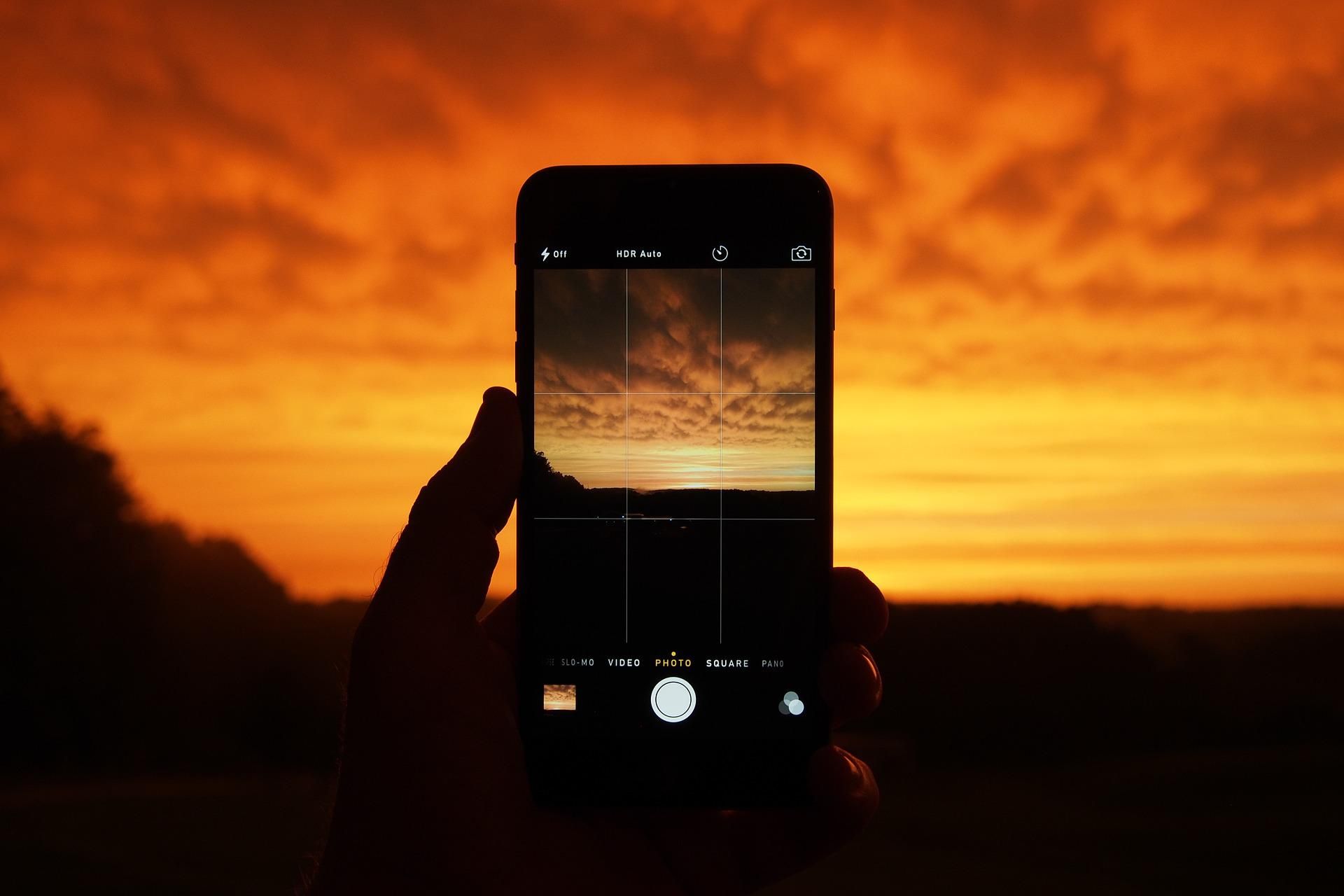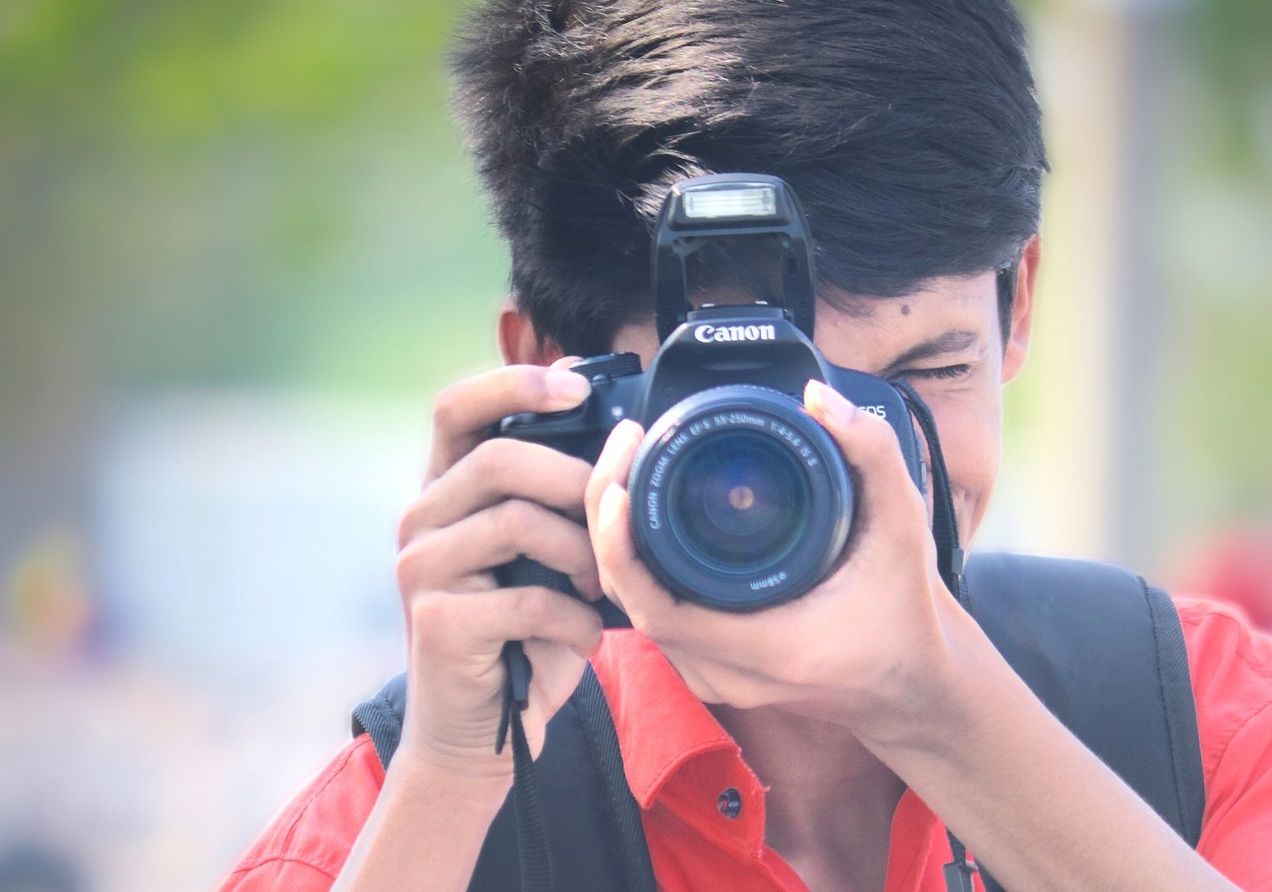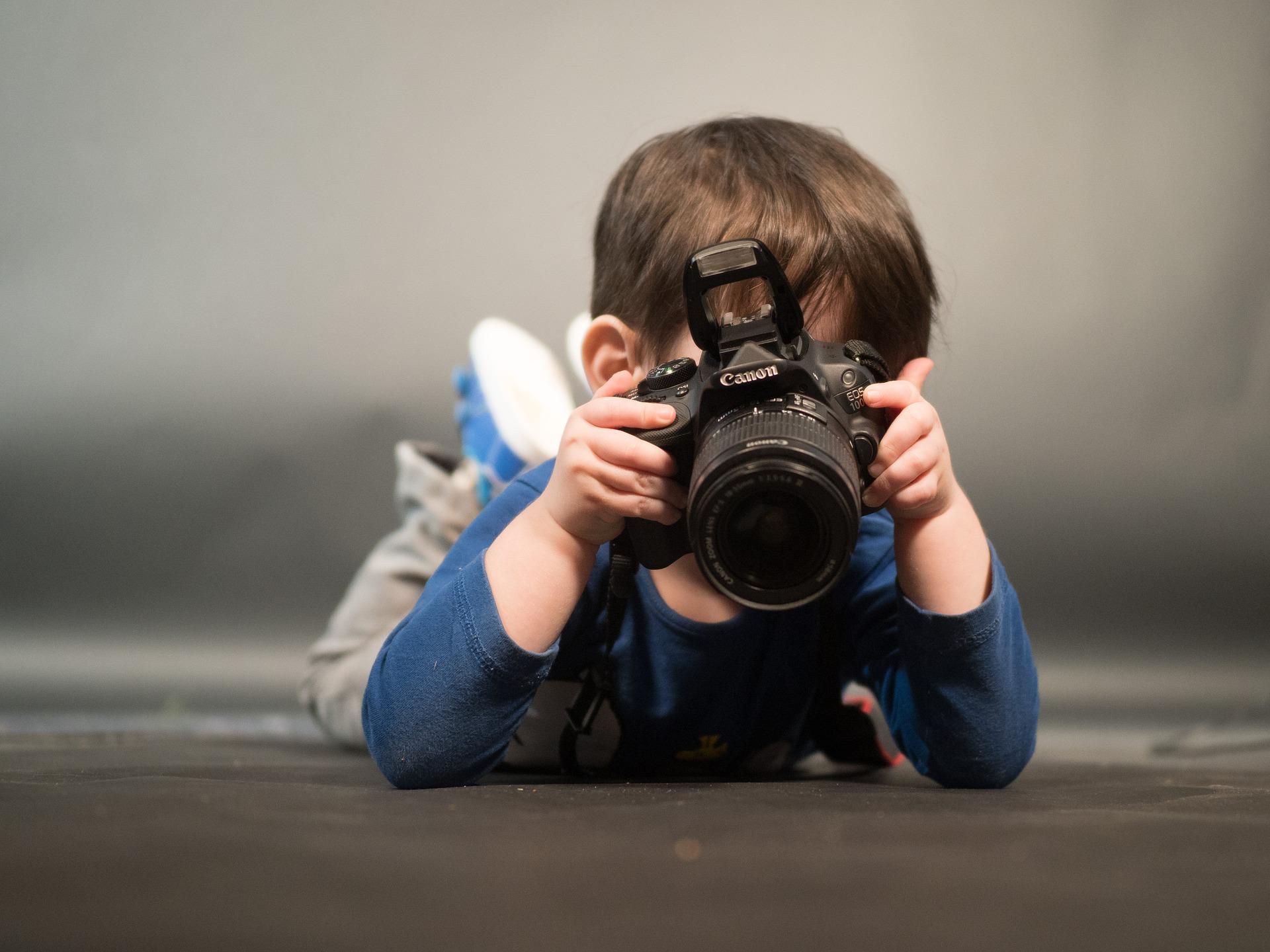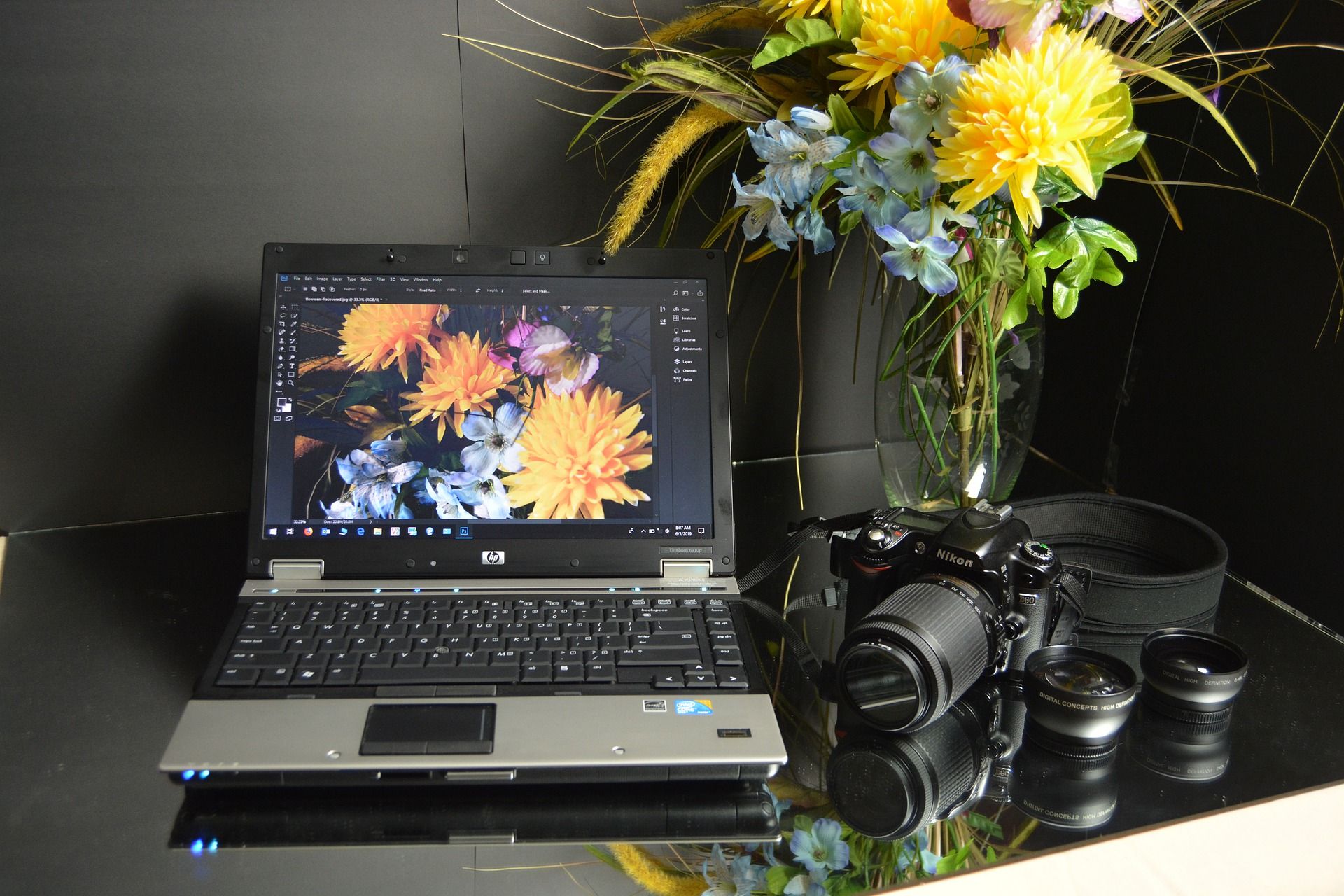Do you have a little one at home who loves clicking pictures with your phone? Then, quickly encourage this wonderful hobby before they lose interest. Learning photography not only helps your child's creativity but also improves their fine motor and problem-solving skills. Moreover, it will urge your child to spend time outdoors and care for nature.
Want to help your little shutterbug shine? Read on to get some ideas.
Do Peripheral Vision Strengthening Exercises
We have chosen this as the first point for a reason. Photography is not all about learning to master the camera settings and capturing beautiful subjects. It is more about finding unique perspectives and compelling compositions. So, the first step for your child to become a great photographer is to develop that keen eye for detail.
Here is a simple exercise for your child to do:
- Let your child stand about three feet away from the wall.
- Mark a target spot on the wall at their eye level.
- Ask them to throw a tennis ball at the spot.
- When the ball bounces back, ask your child to catch it without taking their eyes away from the target spot. Your child has to use their peripheral vision to know where the ball is going.
With practice, your child can strengthen their peripheral vision, which will come in handy while composing images with their camera. As a bonus, these exercises also help your child when playing sports.
Turn On the Grids on Their Camera or Phone
One of the telltale signs of amateur photography is missing tiny details like skewed horizons and out-of-focus subjects. Turning on the grids on your child's camera or phone can help them correct this mistake. With grids, your child can learn to position the subject in the center, straighten the horizon, and check the balance of their composition.
Also, having grids will make it easier for your child to follow basic composition techniques like the rule of thirds and leading lines.
Take Them to Art Museums
There will always be a debate about whether photography is an art or science, but we can all agree that it sits at the sweet spot where art, science, and technology collide.
If you're only teaching your child about the working of a camera, they will miss out. Your child must be an artist at heart to be a successful photographer. So, put your weekends to good use—take them to art and photography museums near your home.
Buy Them a Used DSLR or Mirrorless Camera
Your mobile phone camera is an excellent tool for photography—it's lightweight, easy to use, and you will always have it on you. But, it cannot beat the feeling of putting your eyes on the viewfinder—shutting out the world—to focus on your subject and the composition without any distractions.
If your kiddo is serious about photography, invest in a used DSLR or mirrorless camera so that your child can have an authentic photographic experience. Plus, your mobile phone's camera has limitations. For one, your child cannot learn advanced concepts like the exposure triangle, white balance settings, metering modes, and so on.
Give Them a Photography Challenge
Kids' attention and interests can be fleeting, so giving them a photography challenge will nudge them to pick up their camera and stay focussed. Practice does make you a better photographer—what better way to encourage practice than these fun challenges.
You can tell your child to photograph things of a particular color or shape. For instance, take photos of red-colored things or triangle-shaped things. If you have a teen, they can have monthly or even yearly challenges. They can also try different types of photography like landscape, macro, food, and wildlife.
Show Them Different Perspectives
It is not enough if your child keeps taking pictures of beautiful flowers and nice landscapes. The perspective is what makes the photos stand out from the crowd. So, encourage your child to take pictures from different perspectives.
When your child is photographing a flower, ask them to take photos from the top, sides, and below. Ask them to notice where the sunlight is falling and how it impacts the look of the flower.
Let Them Replicate Their Favorite Photographer's Work
Your child can pick a famous photo and try to imitate it. Alternatively, they can also choose to remake their favorite photographer's works. Remember, you're not telling your child to copy others' work but asking them to learn various techniques to replicate different photos.
Observing a variety of photos and trying different techniques will help your child develop their own style.
Teach Them Basic Editing Skills
Editing is the final touch that brings the photos alive. Knowing how to edit can significantly improve your child's confidence in photography. They don't need full-on photo editing software like Photoshop—any free photo editing software is enough to learn the ropes of basic editing like cropping and tweaking contrast, highlights, and shadows.
Photography is all about light. Playing around with highlights and shadows will let your child understand good lighting, thereby improving their photography.
Appreciate Their Work
There is nothing that can improve your child's photography like your involvement and appreciation. So, make sure you join them on their photographic journey. And when something goes wrong, gently point out the mistakes and research tips and tricks to help them improve their photography.
You can also appreciate your child by framing some of their best work and displaying them at your home.
Photography Can Help Your Child Become a Well-Rounded Person
Your child has to make many decisions like where to focus, how to frame the scene, and what settings to choose before pressing the shutter button. So, regularly practicing photography can improve your child's critical thinking and decision-making.
When your child is in nature taking pictures, it can enhance both their physical and mental health. As an art form, photography can get them "into the zone", and they can enjoy all the therapeutic benefits of mindfulness. In addition, when they create something on their own, it boosts their self-esteem. What's more, it will help them think about the environment and conservation.
Photography is the best hobby for your child to learn skills while also having fun.





